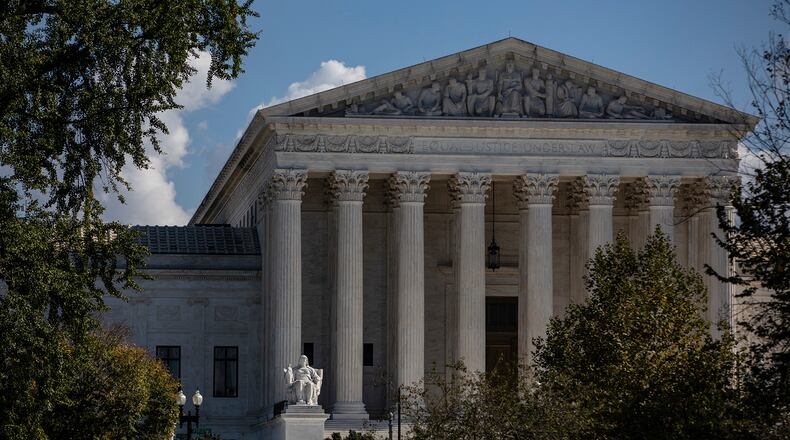The Supreme Court announced Thursday that it will hear Florida’s water rights case against Georgia on Feb. 22, marking the second time the 7-year-old case has been before the justices.
Florida is pushing for strict consumption limits on Georgia in the Apalachicola-Chattahoochee-Flint river basin, which originates near Lake Lanier and is the main source of water for the city of Atlanta. It flows through rural southwest Georgia to the panhandle. Florida alleges that Georgia’s actions following a 2012 drought led to the ecological collapse of the oyster population in the Apalachicola Bay.
Florida initially pointed to water consumption in metro Atlanta and irrigation in southwest Georgia farms as the culprit, But, in recent years, it has focused on agriculture along the Flint River in its legal filings.
Georgia argues that its water usage has been reasonable and blames Florida for allowing overharvesting of oysters. The remedy Florida is seeking is draconian and would lead to little extra water flowing downstream due to the complicated way the federal Army Corps of Engineers operates its locks and dams in the region, Georgia’s lawyers have argued.
The Supreme Court conducted an initial round of oral arguments in January 2018. In a 5-4 ruling several months later, justices directed an expert judge to reexamine the case and determine whether water in the river basin could be “equitably apportioned” between the two states.
The judge ultimately sided with Georgia, advising justices last December to dismiss Florida’s suit. Instead, the court opted to hear the case for a second time.
The bench will be different from the one that last examined the issues. Two of the justices who ruled in favor of Florida, Ruth Bader Ginsburg and Anthony Kennedy, are no longer on the court.
Florida has since approved an oyster harvesting ban to help the Bay’s population recover.
About the Author
Keep Reading
The Latest
Featured




